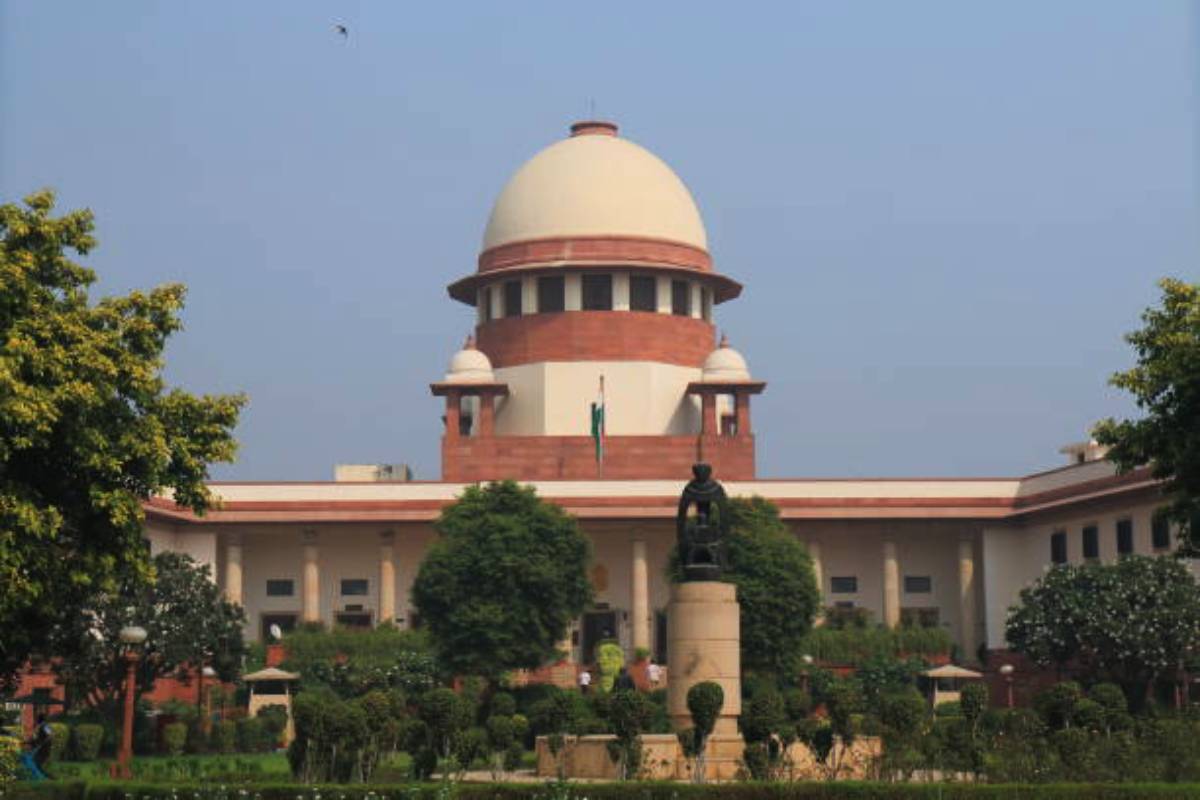Delhi PWD Minister inspects development projects
During the inspection, Minister Pravesh Verma took stock of three important projects. The first is from Bhoro Marg to Sarai Kale Khan where road strengthening work is going on till the ring road.
Rubaiya Sayeed is the daughter of the late Mufti Mohammad Sayeed – the Union Home minister from December 2, 1989-November 10, 1990.

Supreme Court of India
The Supreme Court on Thursday sought Jammu and Kashmir separatist leader Yasin Malik’s response to the Central Bureau of Investigation’s (CBI) plea for the transfer of trial in two cases – the 1989 Rubaiya Sayeed kidnapping case and the killing of four IAF personnel – in which he is one of the accused, from Jammu to New Delhi.
Rubaiya Sayeed is the daughter of the late Mufti Mohammad Sayeed – the Union Home minister from December 2, 1989-November 10, 1990.
Advertisement
A Bench of Justice Abhay S Oka and Justice Augustine George Masih sought Malik’s response and posted the matter for December 14, as Solicitor General Tushar Mehta informed the court that a fully functional courtroom is already there in Tihar jail, along with videoconference (VC) facilities.
Advertisement
“There is a fully functional court in (Tihar) Jail itself with all facilities of VC also and in past proceedings have taken place there,” the Solicitor General told the bench also stating that two applications have been filed in the matter by the CBI, including one to transfer the cases against Malik from Jammu to Delhi.
The Central Bureau of Investigation has approached the Supreme Court against Jammu’s special CBI court’s order directing the presence of the separatist leader in trial proceedings involving the cross-examination of the prosecution witnesses. The investigating agency had said that Malik could be present and participate in the trial court proceedings including the conduct of the cross-examination of prosecution witnesses virtually through video conferencing.
However, this did not find favour with the top court on the grounds of the poor internet connectivity in Jammu. Stating that Malik was entitled to a fair trial, the court had indicated setting up a courtroom in the Tihar Jail itself for the conduct of the trial.
The bench had remarked, “How will cross-examination be done online? There is hardly any connectivity in Jammu… In our country, a fair trial was given even to Ajmal Kasab, and legal assistance was given to him in the high court.”
Advertisement